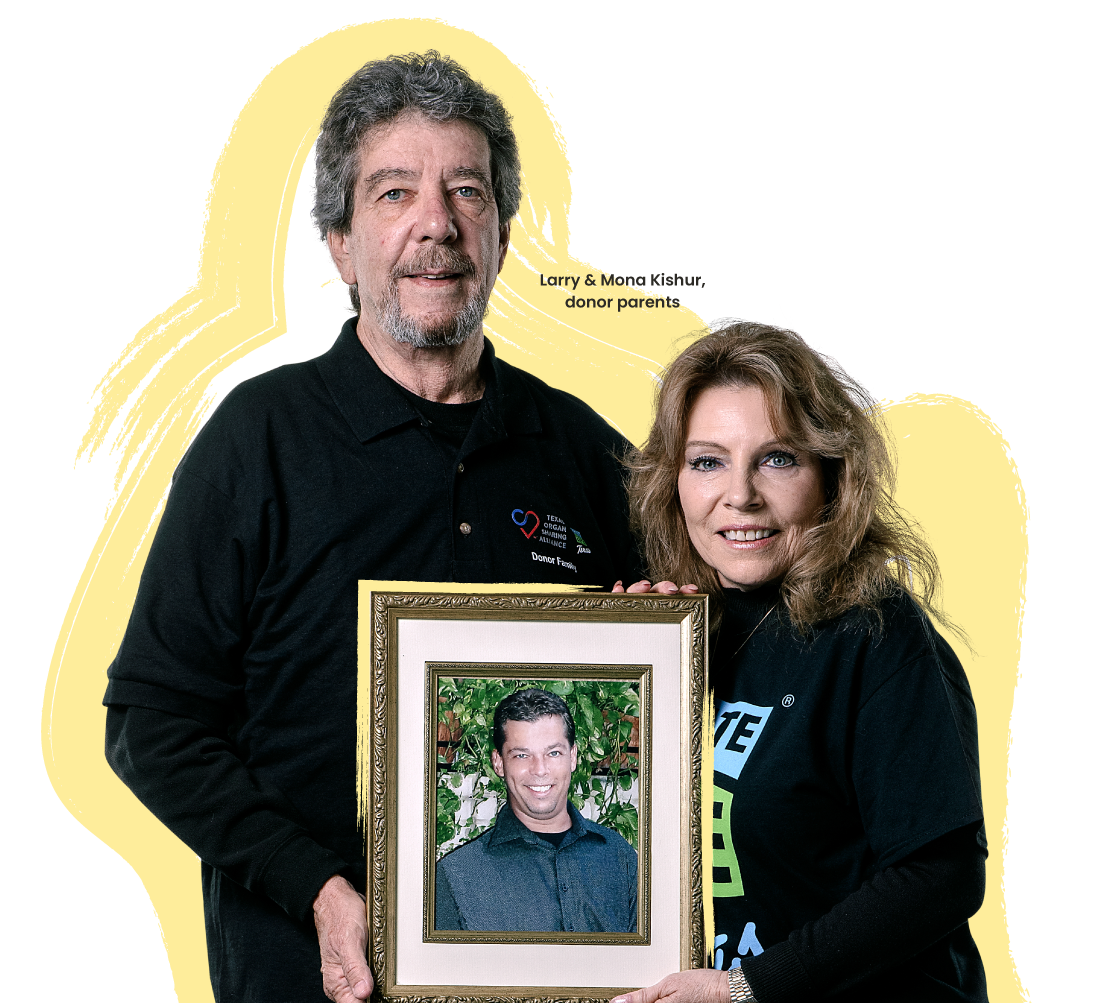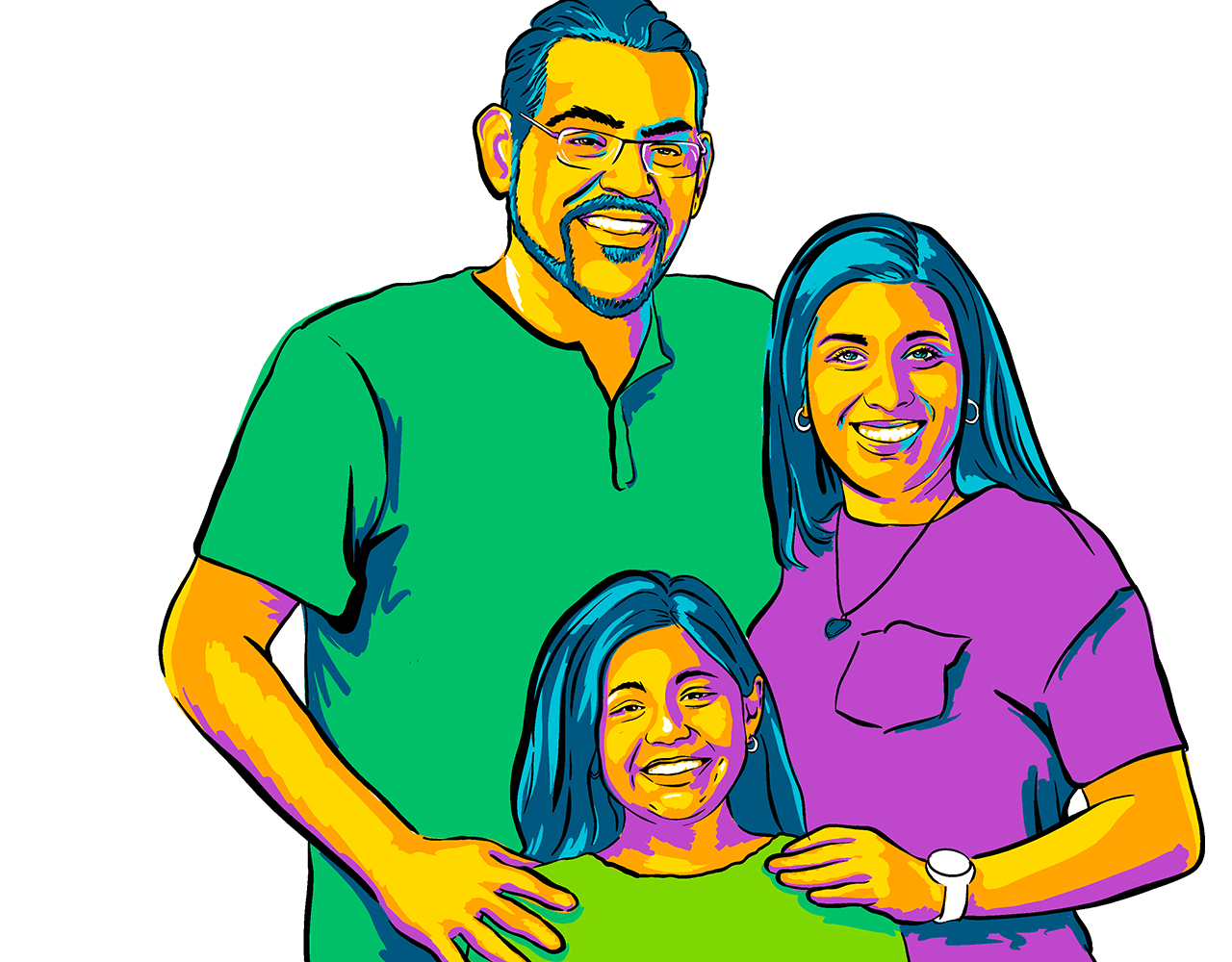Think of the blessing you can be and donate life.
One donor can save and heal up to 75 lives through the gifts of tissue, eye and organ donation.

Texans of all faiths can register as donors.
As a person of faith, understanding your religion’s support of tissue, eye and organ donation can be an important consideration. Learn more about what different denominations say about organ donation and talk with your faith leader and family if you have questions.
Assembly of God
The decision to donate is left up to the individual. Donation is highly supported by the denomination.
Baptist
Though Baptists generally believe that tissue and organ donation and transplantation are ultimately matters of personal conscience, the nation’s largest protestant denomination, the Southern Baptist Convention, adopted a resolution in 1988 encouraging physicians to request organ donation in appropriate circumstances and to “…encourage voluntarism regarding organ donations in the spirit of stewardship, compassion for the needs of others and alleviating suffering.” Other Baptist groups have supported tissue and organ donation as an act of charity and leave the decision to donate up to the individual.
Buddhism
Organ and tissue donation is considered an individual’s decision. Buddhism does not promote or prohibit donation, but if an individual decides to become an organ donor, it is widely lauded as an act of compassion. In the case of deceased donation, the death process is an important, highly respected time for Buddhists, and the requests of the deceased takes precedence.
Catholicism
Tissue, eye and organ donation is an acceptable act of kindness in the Roman Catholic Church. Donation is considered an act of charity and love, according to Pope John Paul II in Evangelium Vitae, no. 86.
Christian Science
The Church of Christ Scientist does not have a specific position regarding organ donation. According to the First Church of Christ Scientist in Boston, Christian Scientists normally rely on spiritual instead of medical means of healing. They are free, however, to choose whatever form of medical treatment they desire – including a transplant. The question of tissue and organ donation is an individual decision.
Disciples of Christ
Tissue and organ donation is accepted and actively promoted by the Christian Church. In 1985, the General Assembly adopted “Resolution #8548 Concerning Organ Transplants,” which encouraged members to register as organ donors and support transplant recipients through prayer.
Episcopal
Organ donation is encouraged by the Episcopal Church. The 70th General Convention adopted “Resolution #1991-A097 Urge Members to Consider Donating Organs,” which recommended that members donate their organs after death so that others may live. The Church also urges members to clearly state their decision to family, friends, the Church and their attorney.
Evangelical Covenant Church
Organ donation is acceptable and encouraged by the Evangelical Covenant Church. Since the adoption of the Organ Donor Resolution in 1982, members of the Church are encouraged to register their decision to be a donor. Leaders of the faith, especially educators, are encouraged to promote awareness of organ donation in all Evangelical congregations.
Greek Orthodox
According to Reverend Dr. Milton Efthimiou, Director of the Department of Church and Society for the Greek Orthodox Church of North and South America, “The Greek Orthodox Church is not opposed to organ donation as long as the organs and tissue in questions are used to better human life, i.e., for transplantation or for research that will lead to improvements in the treatment and prevention of disease.”
Hinduism
Organ donation is not prohibited by religious law, according to the Hindu Temple Society of North America. Donation is considered an individual’s decision. There are many references that support organ donation in Hindu scriptures. Daan is the original word in Sanskrit for donation meaning selfless giving. It is also third in the list of the ten Niyamas (virtuous acts). Life after death is a strong belief of Hindus and is an ongoing process of rebirth.
Islam
In 2019, the Fiqh Council of North America (FCNA) announced that organ donation and transplantation is permissible within the Islamic faith and among American Muslims, making a clear religious ruling for Muslims living in North America. Organ donation is permitted in the Islamic faith as long as shar’i guidelines are met and that measures are in place to protect human dignity. Living donation is permitted in order to keep the recipient alive, or an essential function of their body intact. In the case of deceased donation, permission must be given by the deceased before their death or by their heirs after death.
Judaism
Tissue, eye and organ donation is encouraged in the Jewish faith. Donation and transplantation does not desecrate a body or show lack of respect for the dead, and any delay in burial to facilitate organ donation is respectful of the decedent. Organ donation saves lives and honors the deceased. The Conservative Movement’s Committee on Jewish Laws and Standards has stated that organ donations after death represent not only an act of kindness, but are also a “commanded obligation” which saves human lives.
Lutheran Church
Organ donation is permitted and encouraged in the Lutheran Church. In the Church’s 1984 resolution, “Organ Donation: A Resolution of the Lutheran Church in America,” donation contributes to the well-being of humanity and is an expression of love for a neighbor in need. The Lutheran Church encourages members to make the necessary family legal arrangements, including registering as a donor.
Mennonite
Mennonites have no formal position on donation, but are not opposed to it. They believe the decision to donate is up to the individual and/or their family.
(Mormon) Church of Jesus Christ of Latter-day Saints
Tissue and organ donation is permitted by the Church of Jesus Christ of the Latter-day Saints. Donation is considered a selfless act, with great medical benefit to recipients. The decision to donate organs or other tissue rests with the individual or with a deceased donor’s family.
Presbyterian
Organ donation is encouraged by the Presbyterian Church, but the ability to donate is up to the individual and what they want to do with their body. The Presbyterian Church (U.S.A.) encouraged all Christians to become tissue or organ donors in their 1983 General Assembly as an act of ministry to others.
Sikh
The Sikh philosophy and teachings support the importance of giving and putting others before oneself. Seva (the act of selfless service, to give without seeking reward or recognition) is at the core of being a Sikh. Seva can also be about donating your organ to another – Sikhism does not attach taboos to organ donation and transplantation and stresses that saving a human life is one of the noblest things you can do. Sikhs also believe that your body does not need all its organs at or after death.
Southern Baptist Convention
Organ donation is considered an act of stewardship and compassion that alleviates the suffering of others by the Southern Baptist Convention. In their 1988 resolution, “Resolution on Human Organ Donations,” the Convention determined that resurrection does not depend on body wholeness.
United Methodist
Tissue and organ donation is encouraged by the United Methodist Church. In their 2000 resolution, “Resolution #139,” the Church promoted the celebration of National Donor Sabbath as another way that its members can help save lives.
Information on religious perspectives on donation provided by Donate Life America

Say yes to saving lives.
Make a commitment to register as an organ donor today and be a light for others.
